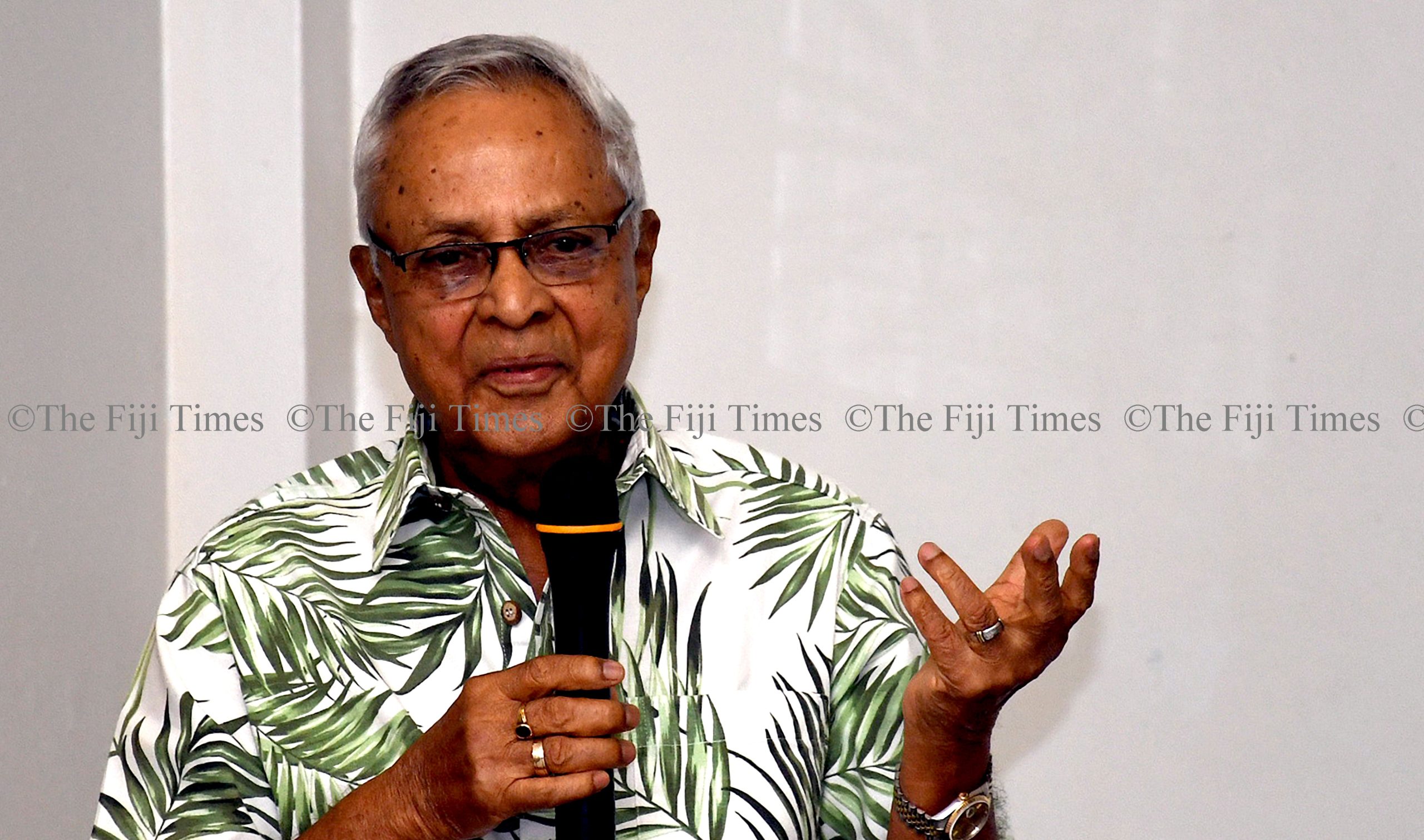The big stories today focus on our sugar industry. We’ve got to face the reality that we are in a crisis, and much work needs to be done.
For whatever it is worth, here is an industry that was once the backbone of our economy.
It fed families, clothed them, educated their children and even sent them overseas for a brighter future or for further education.
It improved lives, and standards of living. Families were able to afford a lot of things and had money to spend.
Today the once-thriving sugar industry is in decline. There are accusations flying in every direction about the root causes of this downfall. So what went wrong, and how can we restore order to an industry that once flourished?
Responding to criticism from former prime minister Mahendra Chaudhry who blamed the Coalition Government for the decline in the industry, Acting Prime Minister and Minister of Finance, Professor Biman Prasad said the Voreqe Bainimarama led coup of 2006 significantly damaged the industry.
While Mr Chaudhry said this was proven by the 2024 season’s cane and sugar production at 1.3 million tonnes of cane, the lowest in the last two decades, Prof Prasad believes production slumped to “roughly half that by 2007”, a year after Mr Bainimarama “ousted the elected government and the same year the European Union stopped supporting the sugar sector because of the coup”.
Former Fiji Sugar Corporation board member and one of Ba’s largest sugarcane farmers, Arvind Singh, believes one way of helping the sector get back on its feet is to cut back on unnecessary spending.
Mr Singh believes no concrete steps have been taken to move the industry forward because production continues to decline.
Issues with land leases and shortage of labourers, he insists, must be resolved immediately.
Mr Singh said he does not believe that increasing cane production can be achieved by local farmers only. Labourers must also come from abroad.
However, despite the crisis we are facing, there is still hope, said Toge, Ba, sugarcane farmer Aten Kumar.
“There’s a lot of money in cane farming, there’s still hope. Don’t discredit it,” he said.
Having dedicated 54 years of his life to farming, Mr Kumar has witnessed the lifelong rewards that sugarcane farming yields for those who pursue it faithfully.
Now in the face of all this, Prime Minister Sitiveni Rabuka is casting his eye on bananas which he believes can become our next major export commodity.
Responding to questions on the ‘Your Voice, Your Fiji, Conversation with the PM’ column on Saturday, Mr Rabuka acknowledged the difficulties facing sugarcane farmers and emphasised the need to explore alternative agricultural exports.
Bananas stand out as a viable option, alongside other crops such as yams and pineapples.
Once a major export commodity to New Zealand, our banana trade hit a brickwall in the early ’70s following cyclones and diseases.
In the 1950s-’60s, the industry was thriving.
Beyond bananas and yams, Mr Rabuka also talked about opportunities in beef and pineapple production.
He referred to the historical Tova Beef canning factory in Tailevu North and a pineapple canning facility in Lautoka, both of which he suggested could be revived.
Yet again, we reflect on the base that we already have in the sugar industry.
We have the mills, the infrastructure including railway lines and connection from the mill at Lautoka to the wharf for shipping overseas. We have the perfect weather for it, and the knowledge and expertise at the farming level.
What we need now is innovation and strategic thinking to set in motion solutions that are good for every stakeholder, from the farmer to the transport sector, the miller and the landowner.
And while we are at, let’s consider the alternatives, to run alongside this revamp!



